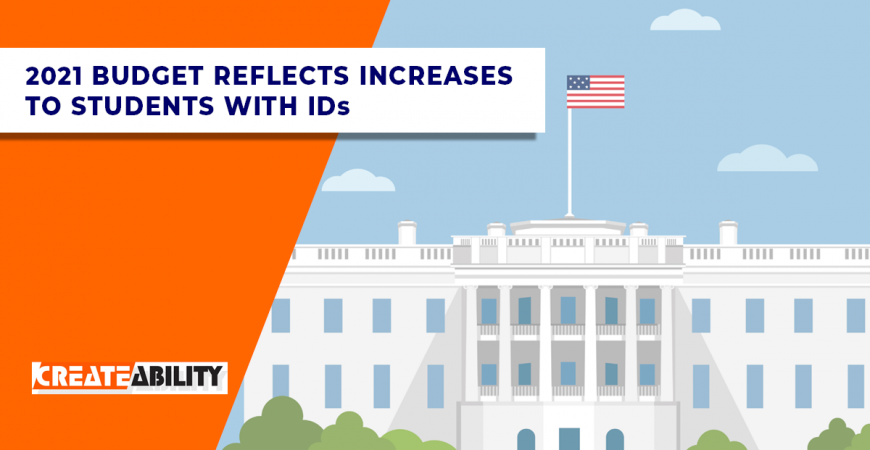Assistive Technology companies
Several of CreateAbility’s enabling technology solutions are “evidence-based”, but what exactly does that mean and why is it important? Below are a few reasons why choosing evidence-based technology is important to you, your organization, and the people you serve: Learn more about our evidence-based research that goes into CreateAbility’s enabling technology for seniors, people with...
If every person served has their own unique “fingerprint” of abilities, talents and challenges, how do you develop a person-centered care plan that’s tailored to the unique needs of each? Enabling technology not only helps those you serve increase their independence, but also provides data that identifies a person’s preferences, strengths, and needs, and tracks...
In support of Brain Injury Awareness Month, CreateAbility has compiled a list of brain injury facts that will shed light on this commonly misunderstood diagnosis. Brain injuries are compartmentalized into two diagnoses: traumatic and non-traumatic. Non-traumatic brain injuries might be from a stroke, while traumatic brain injuries are from a blow to the head, such...
CreateAbility offers a suite of Apps that cover a variety of needs for people with intellectual disabilities and behavioral / mental health issues. This suite covers: emotional surveillance and emotional regulation, goal tracking and accomplishment, task prompting and reminders, employment discovery and exploration, and communication with staff or other individuals. Here is how they work...
On February 10th, President Trump released “A Budget for America’s Future”, which entailed proposed spending for 2021. This report details how tax payer dollars will be most effectively spent to improve both critical and current needs of our country. In this report, the areas of concentration and increased and/or continued spending for the Department of...
Ageism is prejudice or discrimination on the grounds of a person’s age. As a society, we tend to make the assumption that with age comes reduced capability and/or contribution based on a simple number. Yet technically – aging begins in our 20’s, when cells begin dying off at a faster rate than new ones are...
Find Us
Address:
5058 Evanston Ave
Indianapolis, IN 46205
Contact Us
For more information about how we can customize our solutions to meet your needs, contact:
Already use our solutions? For technical support please contact:
Phone:
(317) 728-6670





